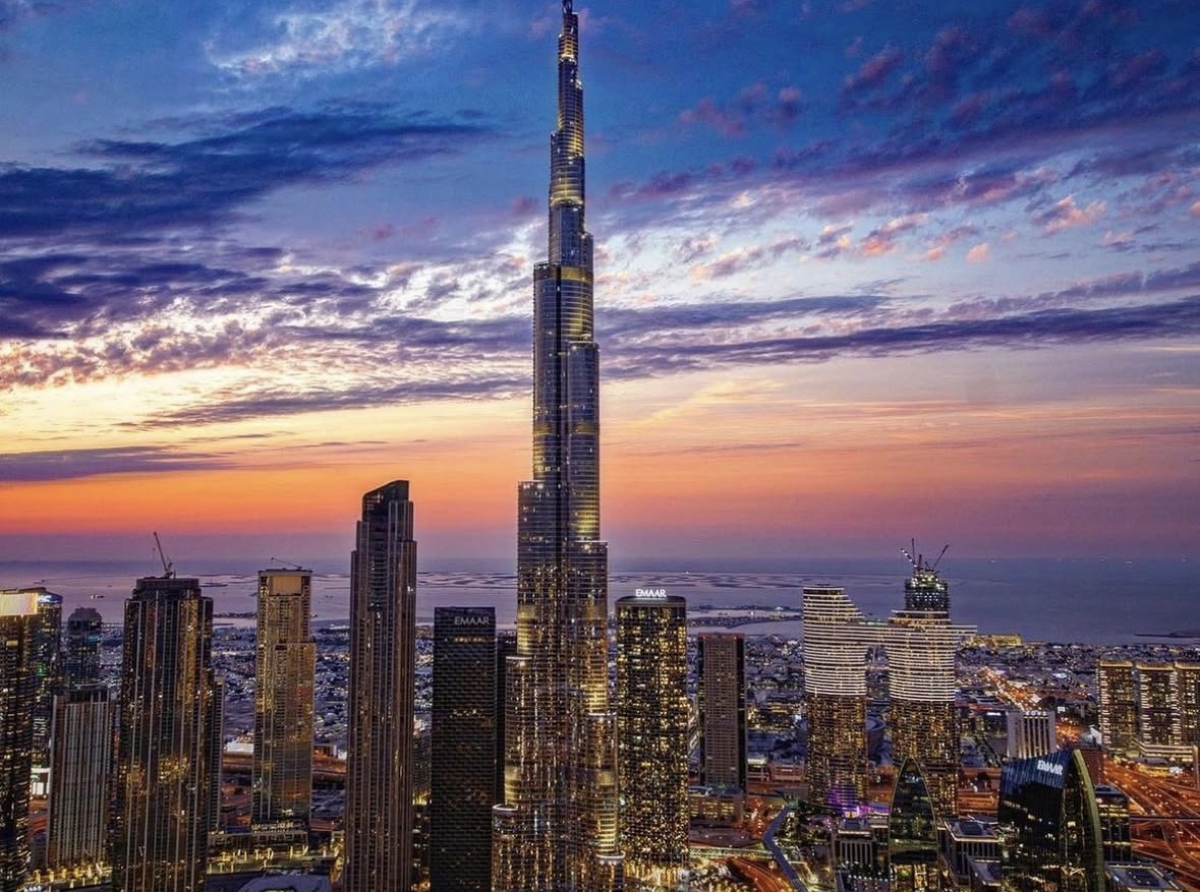Dubai’s Quiet Influence on the Modern Athlete
In the global economy of sport, attention often follows medals and score...
Feb 04, 2026

Dubai’s metamorphosis from a modest 20th-century trading port into a modern metropolis is not a tale of petrochemical luck, but of economic vision, aggressive policy reform, and deliberate diversification. While much of the Gulf’s narrative is shaped by the oil boom, Dubai took a different path - one that now positions it as a model for post-oil economic strategy in the region.
In stark contrast to popular assumption, oil contributes less than 1 percent to Dubai’s GDP today, according to official data from the Dubai Statistics Center and UAE government reports. In 2022, oil and gas accounted for just 0.7% of Dubai’s GDP, down from over 50% in the 1970s. Unlike Abu Dhabi, its wealthier neighbor, Dubai’s oil reserves were limited from the start, compelling leaders to think beyond hydrocarbons.
Instead, Dubai bet early - and big - on logistics, tourism, real estate, finance, and free-zone trade. As early as the 1980s and 1990s, the city began laying the infrastructure for an economy driven by services, not oil. The establishment of Jebel Ali Port in 1979 - now the largest port in the Middle East and among the top ten busiest in the world - was an inflection point. It became the gateway to Dubai’s rise as a regional logistics hub, enabling the growth of re-export trade and cementing the city’s geographic centrality between Europe, Asia, and Africa.
By the early 2000s, this pivot was evident in urban form: mega projects like Dubai Internet City, Dubai Media City, and Dubai International Financial Centre (DIFC) signaled a strategic push into tech, media, and finance. These zones allowed 100% foreign ownership, zero income taxes, and light regulation - creating an environment friendlier to global capital than much of the surrounding region.
The results are measurable. In 2023, non-oil trade in Dubai surged to over AED 2 trillion (~USD 545 billion), a historic high. Tourism now contributes nearly 12% of Dubai’s GDP, with the city consistently ranking among the top three most-visited cities globally, drawing more than 17 million international visitors annually (as of 2023). In real estate, Dubai saw record-breaking investment in 2023, with foreign property buyers accounting for 41% of transactions, largely from India, China and Europe.
Perhaps most emblematic of Dubai’s ambitions is the Burj Khalifa, the world’s tallest building - less a piece of architecture than a statement of intent. And yet, beneath the skyline lies a framework of policy that ensures Dubai’s global relevance is more than symbolic. The city has crafted an economic ecosystem that is highly responsive: from blockchain regulation to fintech sandboxes, and from digital nomad visas to 10-year Golden Visas for investors, the tools of modern economic diplomacy are constantly in play.
Even amidst global headwinds - COVID-19, geopolitical tensions, supply chain disruptions - Dubai has proven remarkably resilient. The emirate was one of the first to reopen after the pandemic, using its airline, Emirates, and strict but efficient health protocols to restore tourism and business traffic.
Critics may raise valid concerns about sustainability, housing inflation, and the precariousness of a largely expatriate workforce, but Dubai’s strategic agility is undeniable. With plans underway to build the world’s largest airport (Al Maktoum International) and expand its maritime and digital infrastructure, Dubai’s economic transformation is not yet complete - it is simply entering its next phase.
In short, Dubai’s story defies the stereotype of oil-fueled opulence. It is instead the story of a place that confronted its resource limitations and made them a strength, leveraging geography, policy, and ambition to emerge as a global diversification pioneer - and perhaps a model for other post-oil economies to study.
Photo credits: Dubai Instagram
Disclosure: Dubai Voice enhances the editing process with the help of carefully selected AI tools. These tools provide valuable support without taking over the editing process completely, ensuring that the final product is the result of human creativity and expertise augmented by the benefits of enhanced technology. This article is protected under the copyright of Dubai Voice. Unauthorized reprinting, republishing, or rewriting of this content is strictly prohibited without explicit permission from Dubai Voice. Quotations from this material are permissible provided that a direct link to the full article on Dubai Voice is included.